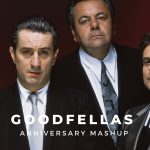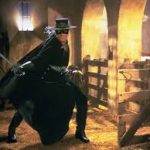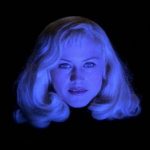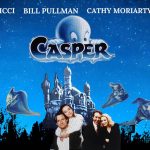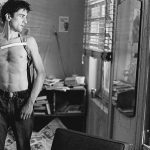Barry Lyndon (1975)
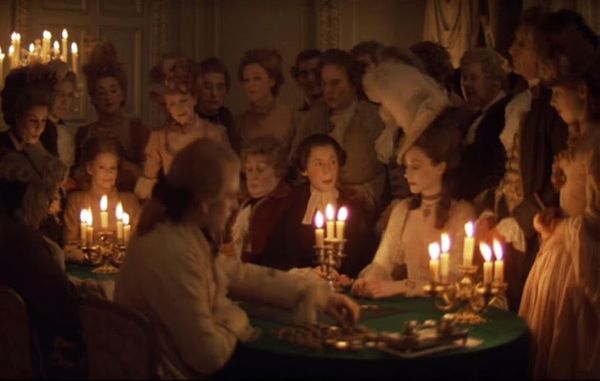
Barry Lyndon is a 1975 historical drama directed by Stanley Kubrick, based on the 18th-century novel by William Makepeace Thackeray. The film is renowned for its stunning cinematography, meticulous attention to period detail, and its exploration of themes such as ambition, social class, and the fleeting nature of fortune.
The story follows the rise and fall of Redmond Barry (Ryan O’Neal), an Irishman who seeks to improve his social standing in the world. After a series of personal misfortunes, including a duel and the death of his father, Barry embarks on a journey that takes him through various European courts and battlefields. He adopts the persona of a nobleman, marrying the wealthy Lady Lyndon (Marisa Berenson) in hopes of securing a better life.
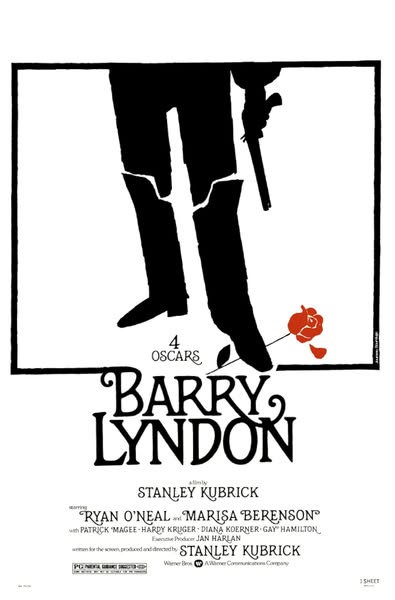
Kubrick’s direction is marked by a deliberate pacing and visual storytelling that emphasizes the beauty and brutality of the world Barry navigates. The film is shot using natural light and features numerous candlelit scenes, creating a unique, immersive atmosphere that draws viewers into the 18th-century setting. The cinematography, crafted by John Alcott, is often cited as one of the film’s standout elements, with exquisite compositions that resemble classic paintings.
The narrative structure of Barry Lyndon is episodic, reflecting the unpredictable nature of Barry’s life as he experiences both triumphs and tragedies. The film explores the themes of ambition and the consequences of one’s choices, illustrating how Barry’s relentless pursuit of status ultimately leads to his downfall. The character’s journey serves as a commentary on the superficiality of social status and the transient nature of wealth and power.

Ryan O’Neal delivers a nuanced performance as Barry, embodying both the charm and flaws of his character. The supporting cast includes strong performances from Marisa Berenson, Patrick Magee, and Leonard Rossiter, each contributing to the film’s rich tapestry of characters.
The score, featuring compositions by composer Georges Delerue and classical pieces from composers like Handel and Bach, adds to the film’s emotional depth and tone, enhancing the viewing experience.
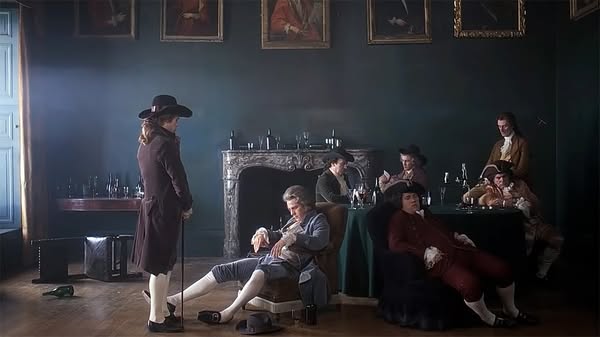
Barry Lyndon received critical acclaim upon its release, though it was initially met with mixed reviews at the box office. Over time, it has gained recognition as one of Kubrick’s masterpieces and is often praised for its artistic ambition and visual beauty.
In conclusion, Barry Lyndon is a visually stunning and thematically rich film that showcases Stanley Kubrick’s mastery of storytelling and cinematography. With its exploration of ambition, class, and the consequences of one’s choices, the film remains a significant work in the canon of cinema, inviting viewers to reflect on the complexities of human nature and the pursuit of status. Its lasting impact and aesthetic beauty continue to resonate with audiences today.

